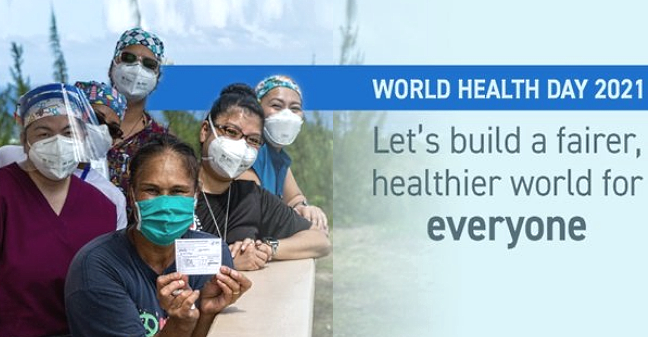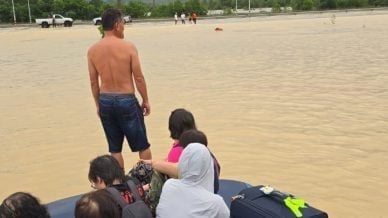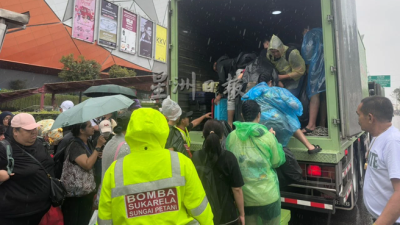
By Dr Lye Chuan Way / Associate Professor Dr Hazreen Abdul Majid
The year 2020 has been a year of unprecedented change. The COVID-19 pandemic had and is still affecting every sector and every layer of society.
COVID-19 has brought the issue of health to the forefront once again by highlighting the frailty of life. The much-quoted "health is wealth" is even more apparent in these times of uncertainties.
In conjunction with the World Health Day, which is commemorated on 7th April each year, we would like to shed some light on food insecurity.
This year's theme is building a fairer, healthier world for everyone.
Before the pandemic, rapid economic growth had enabled better lives for many. However, with the economy badly affected by the pandemic, we see a rise in Malaysia's unemployment rate, hitting 5.3% last May, its highest level in more than three decades.
This has caused food insecurity to escalate for some vulnerable groups, adding more people to the already large number of 821 million people worldwide going to bed hungry.
Food security in simple definition is being assured of the next meal, absence of which results in food insecurity.
Adults who are food insecure are more likely to develop a variety of negative health outcomes and health disparities, including chronic disease and obesity.
Food-insecure children also face a higher risk for a variety of negative health outcomes such as developmental problems, poorer mental health and malnutrition.
The cycle of food insecurity and chronic disease begins with an individual or family not being able to afford enough nutritious food.
Vulnerable to being ill, more time and money are used to respond to health conditions which put strains on the household budget. This in turn leaves little money for essential nutrition and medical care.
The cycle continues and thereby increases the risk of worsening existing conditions.
How do we identify food insecurity? Two possible steps. Firstly, "Within the past 30 days, we worried whether our food would run out before we had money to buy more."
Secondly, "Within the past 30 days, the food we bought just didn't last and we didn't have money to get more."
This is particularly true during the first MCO which started in March last year and the second MCO at the start of 2021. Many started to worry about food, as to whether they had enough food at home to survive those periods.
During this period, the least fortunate members of the community are in need of the greatest help.
Calling forth stakeholders, by following strict SOP's and collaborations with others may help tackle this plight by serving back to the community. Furthermore, while on site, we can also help those with poor literacy in getting them the vaccination registration in MySejahtera app.
In essence, health and food security are necessary to life, and the absence of either will eventually result in diseases that may lead to death.
The journey of a thousand miles starts with a step, to build a fairer, healthier world for everyone starts with action.
Reference:
1. FAO, I., UNICEF, WFP, and WHO. (2020). The State of Food Security and Nutrition in the World 2020.
2. Seligman, H. K., & Schillinger, D. (2010). Hunger and Socioeconomic Disparities in Chronic Disease. New England Journal of Medicine, 363(1), 6-9.doi:10.1056/NEJMp1000072
3. World Health Organization. (2021). World Health Day
4. Nord, M., Andrews, M., & Carlson, S. (2006). Household food security in the United States.
5. Feeding America, 2014. Hunger in America 2014 – National Report.
6. Free Malaysia Today: Children not eating well during shutdown, says dietician
(Dr Lye Chuan Way (Doctor of Public Health candidate) and Associate Professor Dr Hazreen Abdul Majid, Department of Social and Preventive Medicine, Faculty of Medicine University of Malaya.)
ADVERTISEMENT
ADVERTISEMENT


































